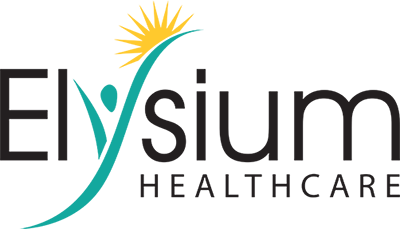
You’ve probably heard the term co-occurring disorders before when referring to addiction, or dual diagnosis and wondered what it meant. The term does not sound like the news addicts want to hear when they first seek help, they may have attended a rehab to resolve their addiction problems, or perhaps they didn’t even want to be there in the first place, and now they are being told they have a co-occurring disorder as well.
But what is the best standard definition of co-occurring disorders?
What Is The Best Standard Definition of Co-Occurring Disorders
A co-occurring disorder, also known as a dual-diagnosis, is the coexistence of both a mental disorder and a substance abuse disorder, where both diseases exacerbate each other, making it more difficult for the patient to get better.
Our bodies are in some ways similar to an engine, where if one part is not working well, other parts also become affected. Considering the tremendous role that mental health plays in addiction, and vice-versa, it has become impossible to overlook the need to integrate the treatment of both disorders together into a program of recovery.
Substance Use Disorder
A substance abuse disorder (SUD) is, to put simply, a mental disorder that causes a person to abuse alcohol or drugs.
The disorder may be categorized into either substance abuse or substance dependence.
- Substance abuse: Substance abuse is a form of addiction that is milder than dependence. Usually, an obsession with drugs and alcohol is present and the user has difficulties stopping but has not yet developed a severe physical dependence with withdrawal symptoms.
- Substance dependence: It’s a severe stage of addiction where physical dependence on substances has developed. The addict will exhibit withdrawal symptoms and difficulties when stopping.
Substances that are often misused and cause SUD may include:
- Alcohol
- Tobacco
- Opioids
- Cocaine
- Stimulants
- Marijuana
- Hallucinogens
- Prescription drugs
Mental Health Disorders
Mental disorders are the second piece to the co-occurring disorder puzzle, one or more may be present when diagnosing the condition, and considering how disorders such as depression, anxiety, and other mood disorders are so often associated with substance abuse, it’s not uncommon to see more than one disorder in severe cases.
Mental health disorders are very common in the United States, research carried out in 2020 shows that nearly 9% of the US population suffered from a mental health disorder. That’s nearly nine million people who suffer from a mental disease. When we weigh that against nearly seven million people who suffered from both a substance abuse disorder and a mental illness in the same year, the data clearly shows the gravity of the link between substance abuse and mental disease.
Some of the most common mental disorders co-occurring with substance abuse disorders include:
- Major depression
- Dysthymia
- Bipolar disorder
- Schizophrenia
- Post-traumatic stress disorder (PTSD)
- Panic disorder
- Anxiety
- Obsessive-compulsive disorder
- Attention deficit hyperactivity disorder (ADHD)
Integrated Treatment
Substance abuse and mental disorders were often treated as different disorders; however, with new advances and a better understanding of their relation to each other, most recovery programs are taking an integrated treatment approach to treat both disorders together.
Dual-diagnosis is common among addicts and one condition usually exacerbates the other, making it difficult for addicts to get sober without proper support.
Now that you know what is the best standard definition of co-occurring disorders, you are ready to take the next step!
Elysium Healthcare is a top-rated luxury provider of drug and alcohol rehabs that offers dual-diagnosis treatments.
Once a co-occurring disorder has been diagnosed, the recovery experts at Elysium will craft a personalized treatment plan tailored to the specific needs of the addict, inpatient treatment will be recommended for most dual-diagnosis patients.
No matter which treatment option is best for you, we have an option that can help. Contact Elysium today and speak to one of our admission professionals to find out more about how we can help you get sober today.








No comment yet, add your voice below!